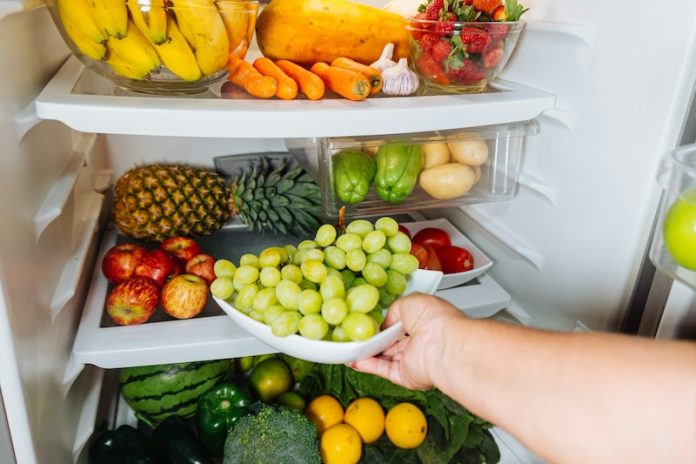
A recent study published in The American Journal of Medicine shows that eating more fruits and vegetables can greatly improve health for people with high blood pressure.
The research found that these foods can lower blood pressure, protect the heart, and support kidney health, making them an essential part of treating hypertension.
High blood pressure, also known as hypertension, is a major cause of heart disease and kidney failure, especially in those with chronic kidney disease.
Despite the availability of medications to manage high blood pressure, the number of people experiencing complications like heart disease and kidney problems continues to rise. Heart disease is the leading cause of death among people with chronic kidney disease, highlighting the need for better treatment options.
One effective approach is the DASH diet (Dietary Approaches to Stop Hypertension), which focuses on eating plenty of fruits and vegetables. This diet has been shown to lower blood pressure and reduce the risk of heart disease.
However, it is not prescribed as often as it should be, and even when recommended, many patients find it difficult to stick to.
Dr. Donald E. Wesson, a kidney specialist at The University of Texas at Austin and the study’s lead investigator, explained how diet affects kidney and heart health. His research shows that foods high in acid, such as animal products, can harm the kidneys over time.
In contrast, fruits and vegetables are base-producing and help protect the kidneys. They are also beneficial for heart health, further reducing the risks associated with high blood pressure.
The study included 153 participants with high blood pressure and chronic kidney disease. Over five years, the participants were divided into three groups:
- One group ate 2-4 cups of fruits and vegetables daily along with their regular diet.
- Another group took sodium bicarbonate (baking soda) tablets to lower acid levels in their body.
- The third group received standard medical care without any dietary changes.
The results were clear. Both the fruits and vegetables and the sodium bicarbonate improved kidney health, but only the group eating more fruits and vegetables saw a significant reduction in blood pressure and heart disease risk. These participants also required less medication to manage their blood pressure.
Dr. Maninder Kahlon, a co-investigator in the study, noted that while sodium bicarbonate helped the kidneys, it didn’t provide the additional heart and blood pressure benefits that fruits and vegetables offered.
This led the researchers to recommend prioritizing fruits and vegetables as the first step in treating hypertension, rather than starting with medication.
Dr. Wesson emphasized the challenges of making dietary changes but stressed their effectiveness in managing chronic diseases like hypertension. He urged doctors to encourage patients to adopt a diet rich in fruits and vegetables and to make healthy eating more accessible.
He also advised people with high blood pressure to ask their doctor about testing for kidney disease using the urine albumin-to-creatinine ratio (UACR), which can help identify if they are at a higher risk for heart disease.
This study highlights how simple changes in diet can significantly improve health, reduce the need for medication, and lower the risks of serious complications like heart and kidney disease.
By making fruits and vegetables a core part of their treatment, patients with high blood pressure can take a natural and effective step toward better long-term health.
If you care about high blood pressure, please read studies that early time-restricted eating could help improve blood pressure, and natural coconut sugar could help reduce blood pressure and artery stiffness.
For more information about blood pressure, please see recent studies about How to eat your way to healthy blood pressure and results showing that Modified traditional Chinese cuisine can lower blood pressure.
Copyright © 2025 Knowridge Science Report. All rights reserved.



